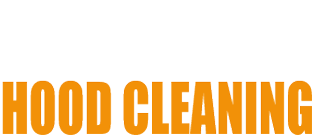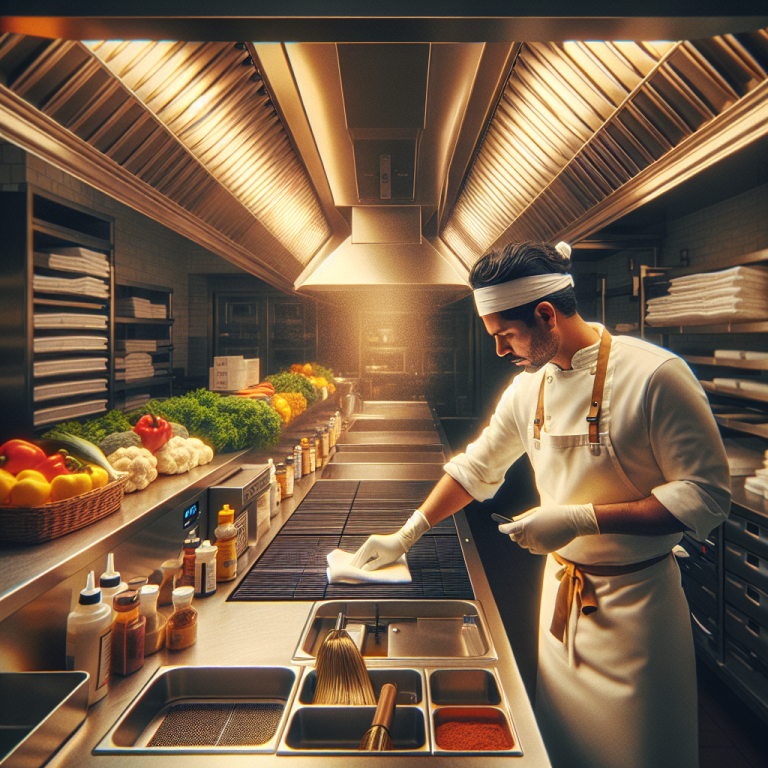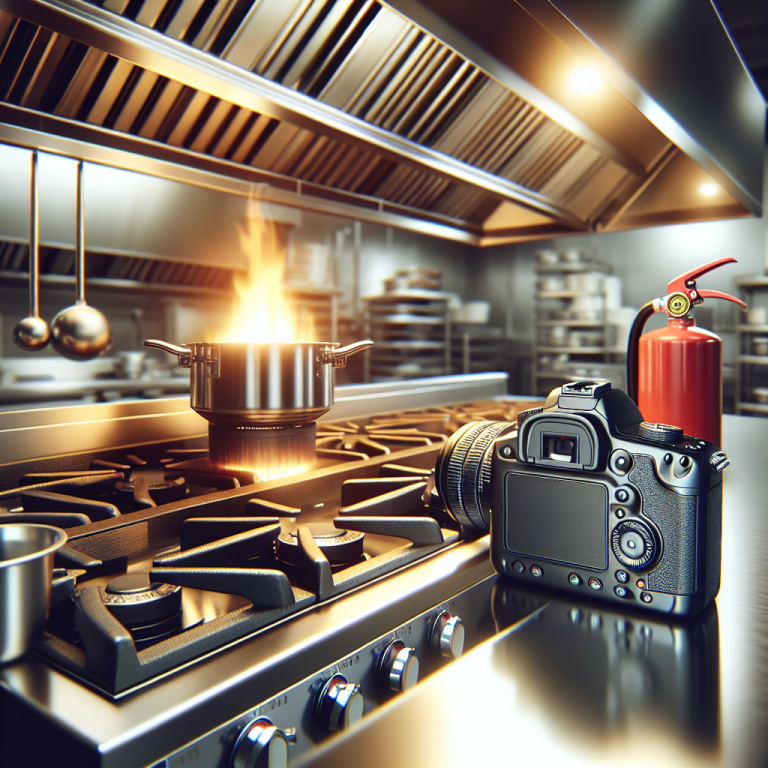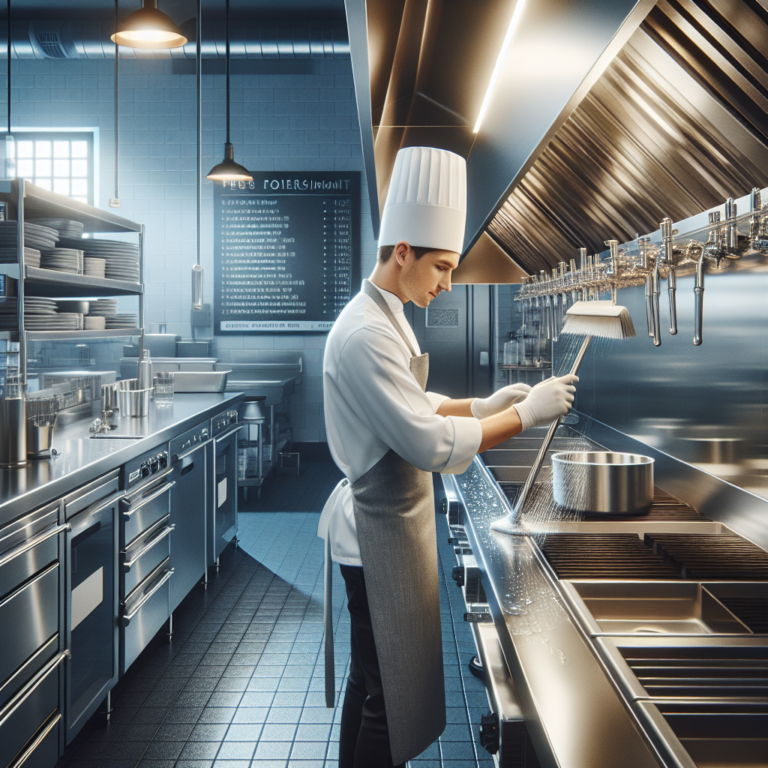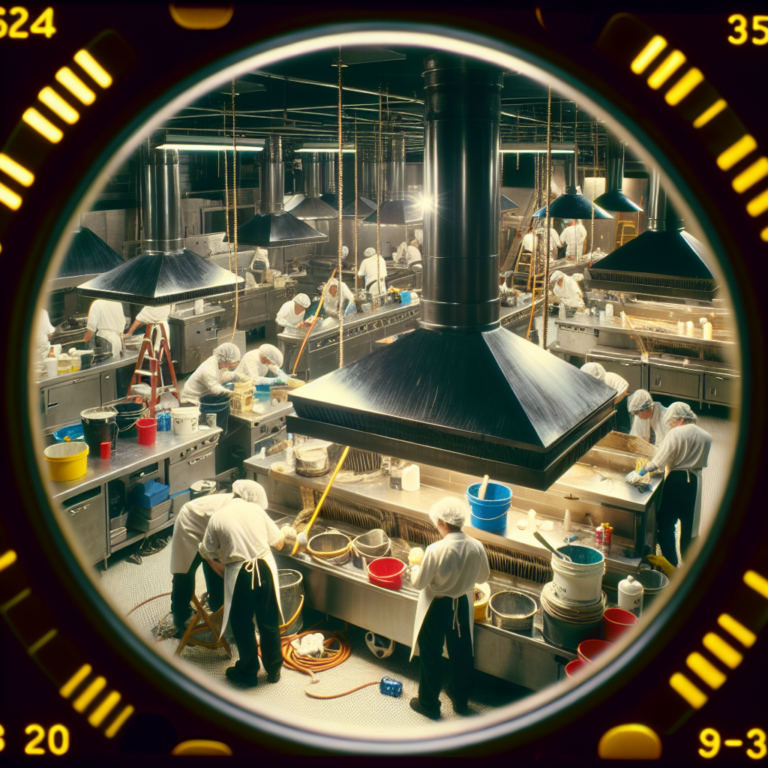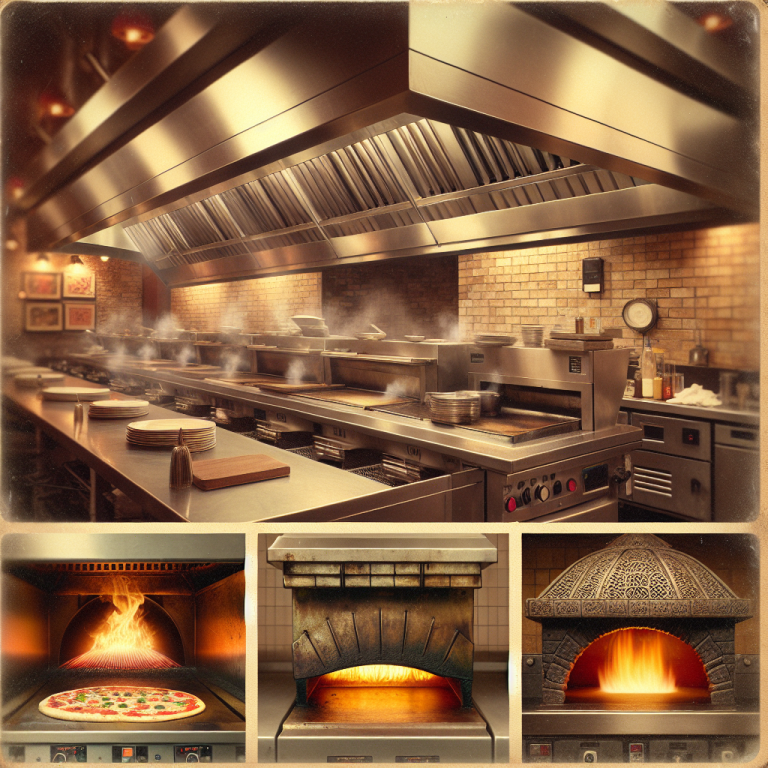Keep Pests Out of Your Kitchen with Regular Hood Cleaning
Why Hood Cleaning is Essential for Pest Prevention in Commercial Kitchens
Running a restaurant in Denver or anywhere else requires top-notch hygiene standards, not just to please your guests but to keep pesky pests at bay. This is where hood cleaning steps in as the unsung hero of your kitchen. The kitchen hood, or exhaust hood, is a key component that needs to be regularly cleaned to prevent any pest-related issues. But how exactly does restaurant hood cleaning contribute to a pest-free environment? Let’s find out.
The Grime and Crime: How Dirty Hoods Attract Pests
The primary function of a kitchen hood is to trap grease, smoke, and odors while keeping your kitchen well-ventilated. Over time, these hoods accumulate grease and grime. Any lapse in commercial kitchen hood cleaning can transform this grease into a veritable buffet for pests such as cockroaches, rodents, and flies. These unwelcome guests are not only unhygienic but also harmful to your business reputation.
Common Pests in Kitchens and How Hood Cleaning Can Help
- Cockroaches: These critters love dirty, greasy surfaces and are often drawn to unclean hoods.
- Rodents: Mice and rats are attracted to leftover food particles and grease.
- Flies: Flies can breed in unsanitary conditions, making unclean hoods a prime spot.
By maintaining a strict exhaust hood cleaning schedule, you can significantly reduce the likelihood of attracting these pests to your commercial kitchen.
Preventive Measures for an Effective Hood Cleaning Strategy
The key to effective pest prevention lies in a well-structured, consistent cleaning schedule. Here are some strategies to help maintain your commercial kitchen hood:
- Regular Cleaning Intervals: Conduct Denver hood cleaning at least once every three months or more frequently, depending on usage. Commercial kitchens that operate daily should consider monthly cleaning schedules.
- Professional Services: Hiring expert services for restaurant hood cleaning ensures thorough cleaning, reaching every nook and cranny generally missed in DIY cleaning.
- Inspection and Maintenance: Regularly inspect your hood for any blockages and ensure that filters are in good condition.
- DIY Maintenance: Though professional services are recommended, regular DIY cleaning can help maintain cleanliness between professional sessions. Always use appropriate cleaning agents and protective gear.
- Grease Management: Routinely check for grease buildup and ensure it is removed promptly to avoid creating a pest-attracting environment.
Regulatory Compliance and Safety: The Bonus of Hood Cleaning
Beyond keeping pests away, regular hood cleaning also ensures compliance with health and safety regulations. Local health departments require commercial kitchens to meet stringent standards, and failing to comply could lead to heavy fines or even closures. Proper Denver hood cleaning will contribute to a safer and more efficient kitchen environment, minimizing fire risks caused by excessive grease buildup.
The Long-term Benefits of a Clean Hood
A clean hood contributes not only to a pest-free space but also to the longevity of your kitchen equipment. Consistent cleaning schedules help prevent grease from corroding metallic structures, thereby reducing the need for frequent exhaust hood replacements. This ultimately leads to cost savings and increased profitability for your restaurant.
Conclusion: Invest in Cleaning for Peace of Mind
Investing in regular hood cleaning, whether on your own or through professional services, is essential for the overall health and success of your restaurant. By taking precautionary measures, you ensure that pests remain outside of your kitchen, thus safeguarding your reputation and bottom line.
For those in Denver or nearby areas seeking professional-grade cleaning, check out Denver hood cleaning services to ensure your commercial kitchen stays immaculate and pest-free.
